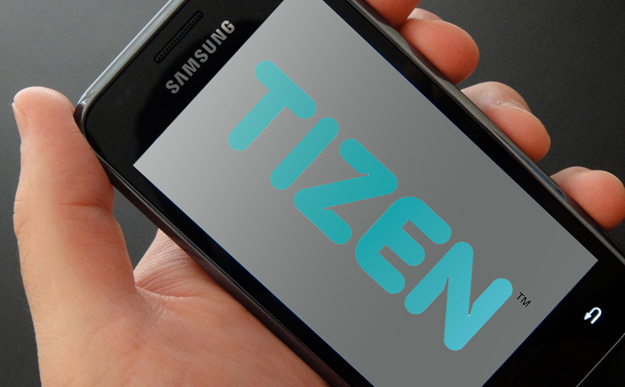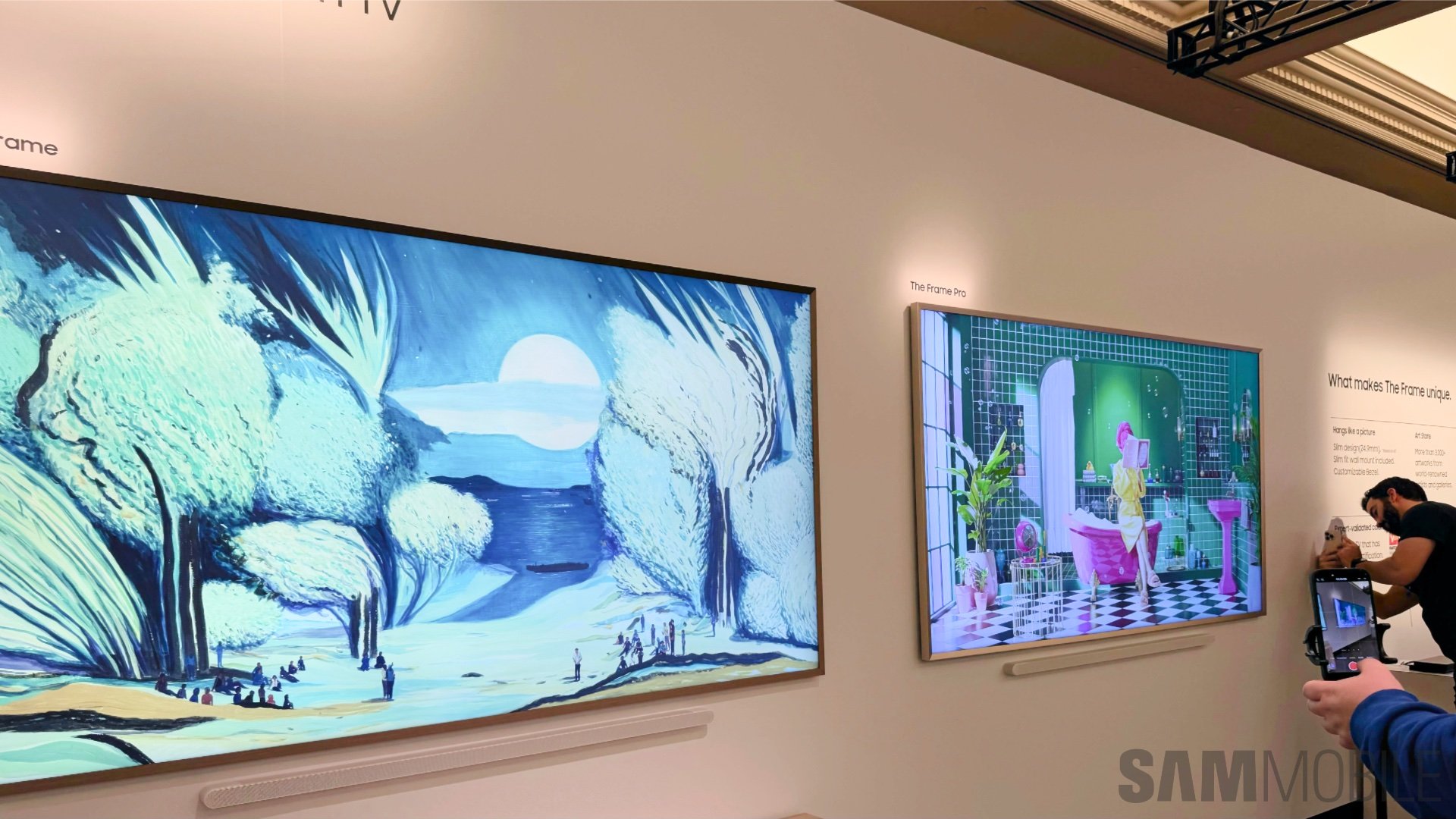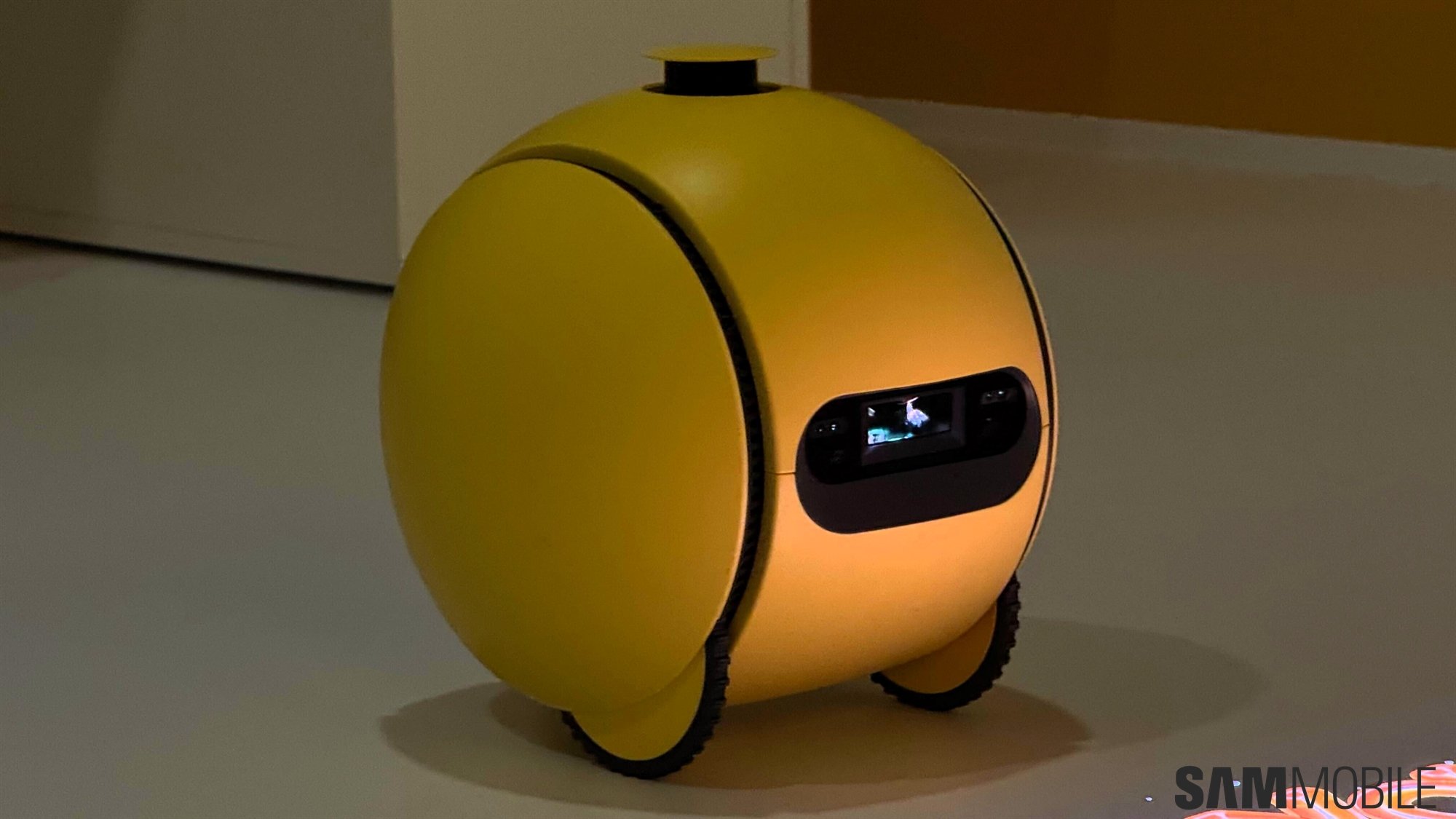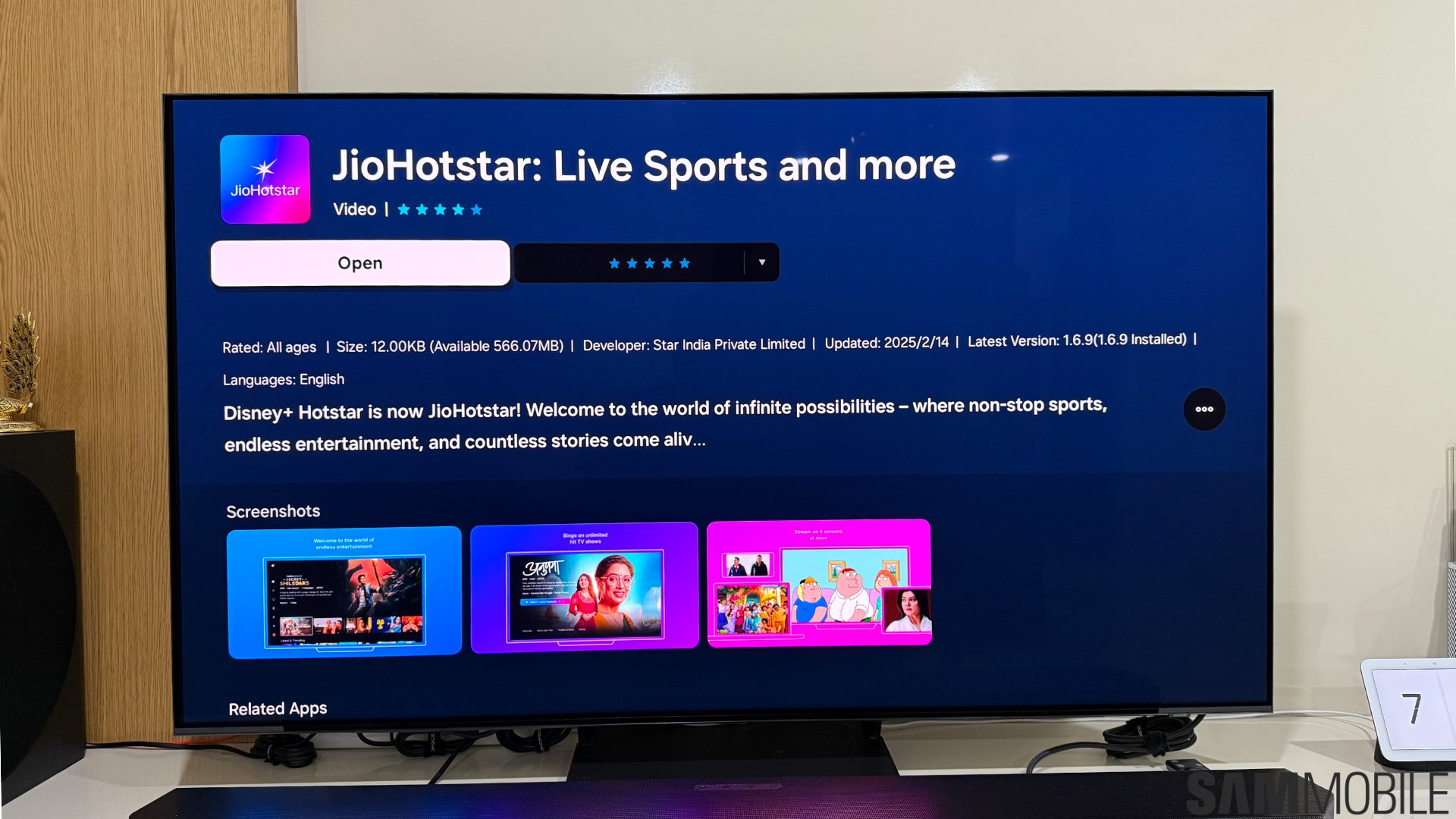
“We don't feel the U.S. is a great test market for those kinds of products. The U.S. market is pretty mature. Bringing a new entrant here that doesn't meet a certain performance bar would be a challenge. Recognizing that, we don't want to set ourselves up for failure.”
Bidan has a point: the smartphone market in the U.S. is divided almost evenly between the iPhone and Android phones, with even Windows Phone finding it hard to make the slightest dent in a space held by Apple and Google's operating systems, and consumers aren't exactly looking at switching to a new OS. Furthermore, emerging smartphone markets are where upcoming OS will find an easier time trying to make their presence felt, as these are the markets where those moving from feature phones to smartphones won't have favoritism or inclination towards a particular OS.
Of course, with Android having overtaken almost 80 percent of the global smartphone market, even immature smartphone markets won't exactly prove easy targets for Tizen. But then again, considering almost half of that 80 percent is full of Samsung devices, coupled with the company's plans to make Tizen run nicely on extremely low-level hardware, the Korean manufacturer might just be able to position its OS as the third ecosystem pretty soon, if only because of a lot of marketing.















